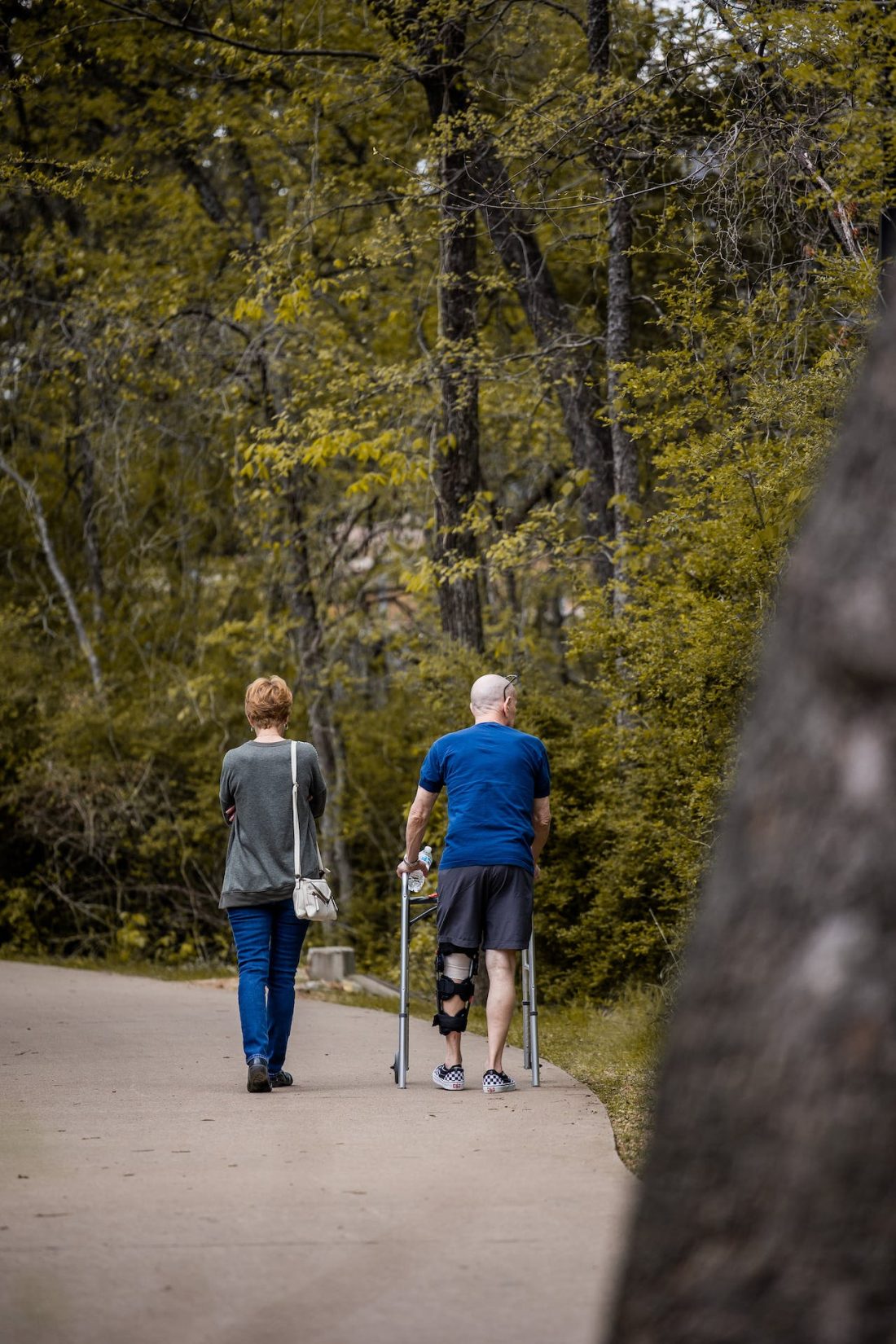Life after a traumatic accident can be difficult for the survivor and for their loved ones. It is painful to see a loved one struggle with post-traumatic stress disorder (PTSD) as a result of a traumatic event. Statistics show that 39% of road accident victims struggle with it, so your loved one is not alone.
Your assistance can be a life support in their road to recovery. Your duty as a pillar of power is vital in these turbulent conditions. You may not have a secret weapon to remove the pain. But your compassion and support can help to create an area of solace.
This guide provides useful advice to help you get around the tricky terrain of assisting a loved one during the stormy results of PTSD.
Learn about PTSD
Knowing about PTSD is the first step in battling for healing following a traumatic incident. You can spend time learning about Post-Traumatic Stress Disorder (PTSD) in the first place. Investigate resources, study articles, and soak up information.
This knowledge can shed light on the complex web of feelings and difficulties that your loved one is dealing with. It is about understanding the mental landscape, recognizing triggers, and acknowledging the daily challenges that come with PTSD.
Seek immediate medical help
PTSD is a complicated and crippling condition that frequently necessitates medical attention. You should support your loved one to seek medical help immediately. A mental health expert can conduct an in-depth assessment, determine the extent of the trauma, and develop a customized treatment strategy.
The earlier your treatment begins, the greater your likelihood of minimizing long-term consequences. You should not be afraid to express the significance of looking for help. Assist in locating an experienced psychotherapist or counselor nearby and accompany your loved one for the sessions.
Be a good listener
An empathetic ear can sometimes be the most powerful form of assistance. You should be an attentive listener. Create an environment in which your loved one feels heard and accepted. You must avoid passing judgment or giving unwanted advice. Instead, express compassion and an eagerness to listen without enforcing your point of view.
Allow them to talk about their feelings, fears, and experiences at their own pace. Your role as a friend is to show an enduring presence in their turbulent sea of emotions rather than trying to resolve the situation.
Encourage them to seek justice
You should encourage your loved one to fight for rights if their trauma is the result of a particular occurrence, such as a car crash. Encourage them to investigate legal options if they are available. According to Herrman and Herrman, victims can claim compensation when a negligent party is involved. They should be made to pay for their negligence.
Seeking justice can be an important step toward regaining control of their life. You need to assure them that their emotional reactions are legitimate. Therefore, looking for responsibility for the events that led to their trauma is a right they have and an important part of their recovery.
Practice patience
Healing from PTSD is not easy. The recovery process from PTSD is an array of peaks and troughs. You need to exercise a lot of patience while navigating the journey as a supporter. Recognize that recovery takes time and that there will be obstacles and achievements.
You should maintain a steadfast presence while refraining from setting lofty standards for your loved one. Your patience serves as a pillar of equilibrium in their erratic journey which acts as a reminder that they are not isolated.
Create a safe environment
Creating a comfortable and secure atmosphere is essential for someone dealing with PTSD. You should work with your loved one to figure out and reduce triggers in their environment. It might be accommodating to the lighting, reducing loud noises, or developing a soothing routine.
Actively taking part in building an atmosphere of security strengthens your dedication to their happiness. A secure atmosphere provides a framework for the slow re-establishment of confidence and mental equilibrium.
Celebrate progress
You should celebrate the rays of light amid the silence. Honor and celebrate even the smallest steps toward healing. It might be going to therapy, facing a fear, or just having a happier day.
Acknowledging and cheering on those achievements reinforces optimism and resiliency. Your words of support become an effective incentive. It reminds your loved one that every step forward is a victory worth celebrating.
Conclusion
Helping a loved one through the maze of PTSD requires a delicate mixture of compassion, patience, and dedication. You must arm yourself with knowledge, empower assistance from professionals, and foster an atmosphere that supports them. Listen without presumption, stand for their right to fairness, and rejoice in every step forward.
